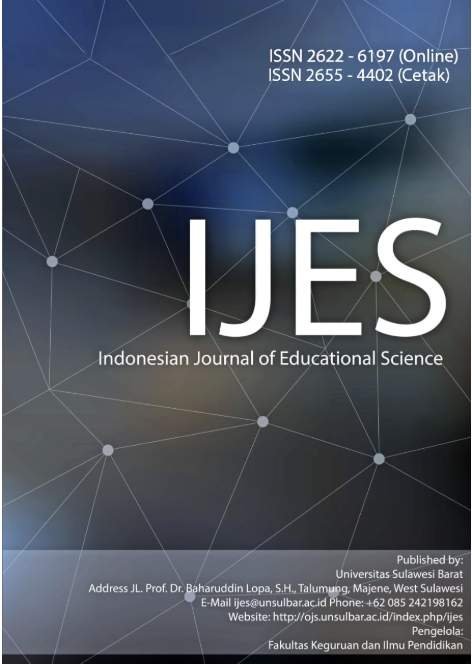Main Article Content
Abstract
This study analyzes Bachruddin Jusuf Habibie's educational legacy in Gorontalo, with a focus on the integration of Faith and Piety (IMTAQ) and Science and Technology (IPTEK), as implemented at MAN Insan Cendekia Gorontalo. A qualitative descriptive approach was used to collect data through observation, in-depth interviews with educators, principals, and local officials, and document analysis. Thematic analysis was applied using Braun and Clarke's six-step framework and guided by Human Capital Theory and Integrative Character Education Theory. The findings reveal that Habibie's IMTAQ-IPTEK integration is realized through a curriculum that connects Qur'anic principles with scientific inquiry and character building supported by technology-oriented learning. This integration is also supported by strong institutional and policy support. The analysis shows that this model improves students' academic performance, strengthens their moral and religious values, and enhances their readiness to face global challenges in the era of the Fourth Industrial Revolution and Society 5.0. The study concludes that Habibie's educational philosophy provides a sustainable model for regional educational innovation. This model demonstrates that religious values and technological excellence can be combined to develop competitive and character-based human resources.
Keywords
Article Details

This work is licensed under a Creative Commons Attribution-NonCommercial-ShareAlike 4.0 International License.
